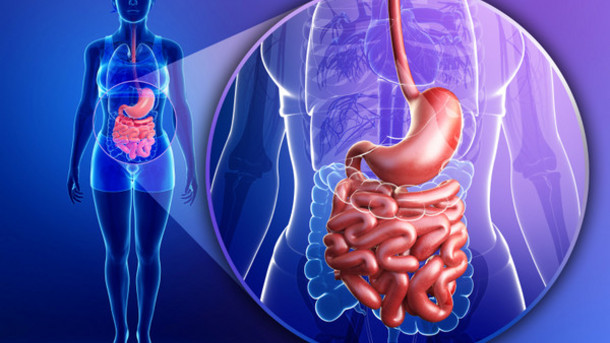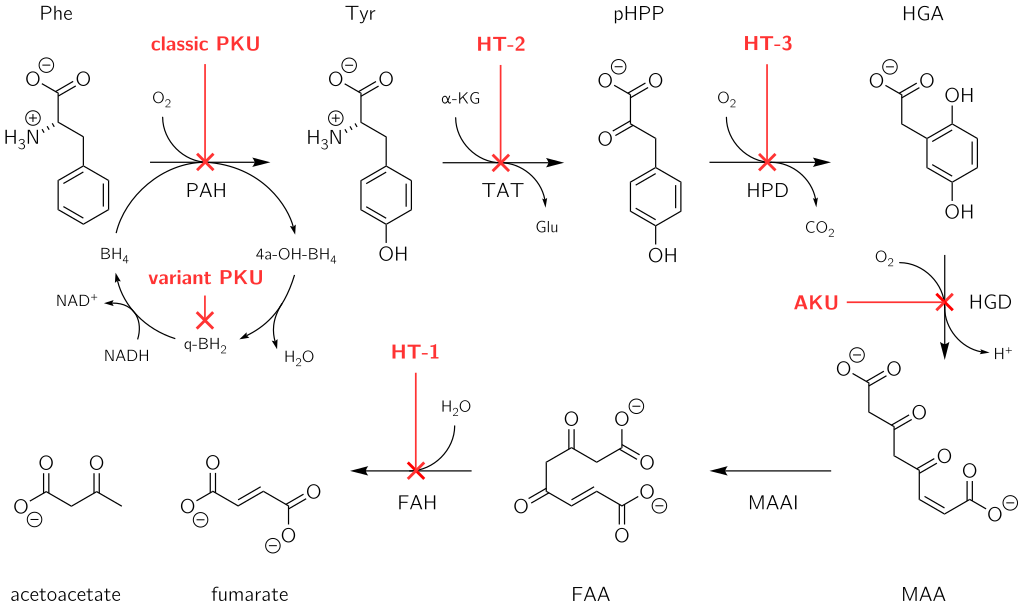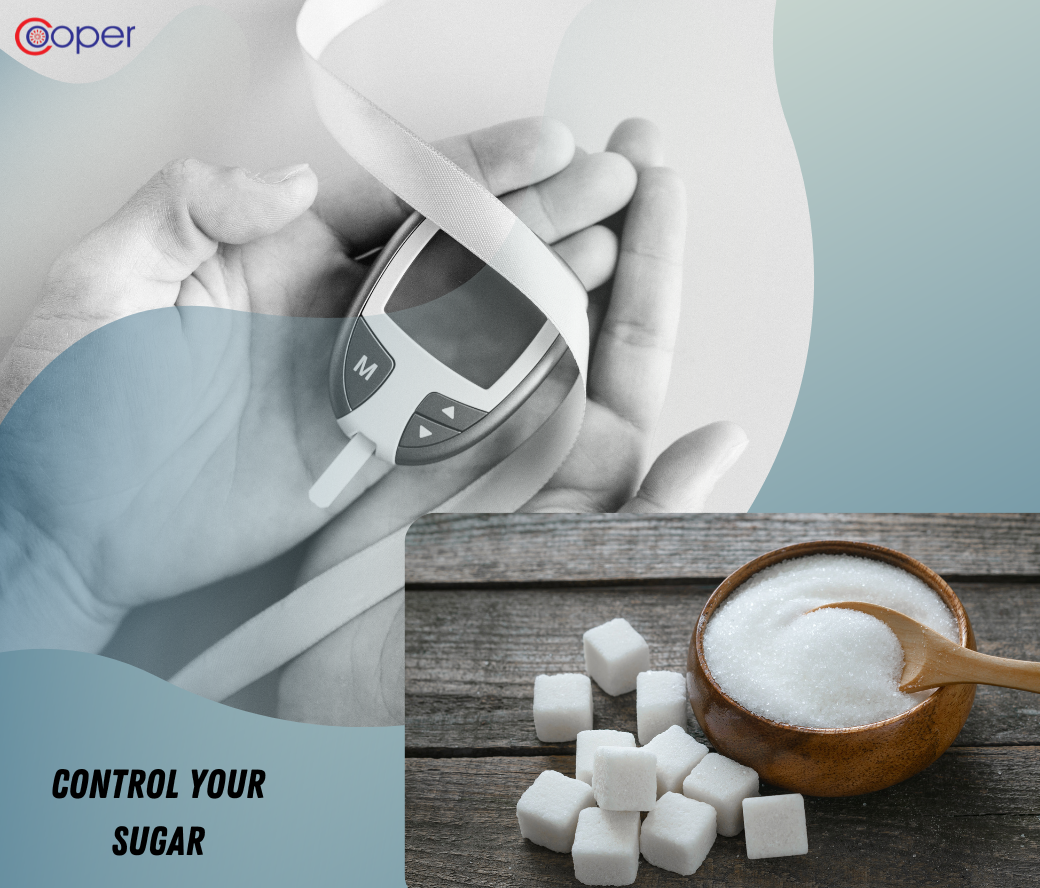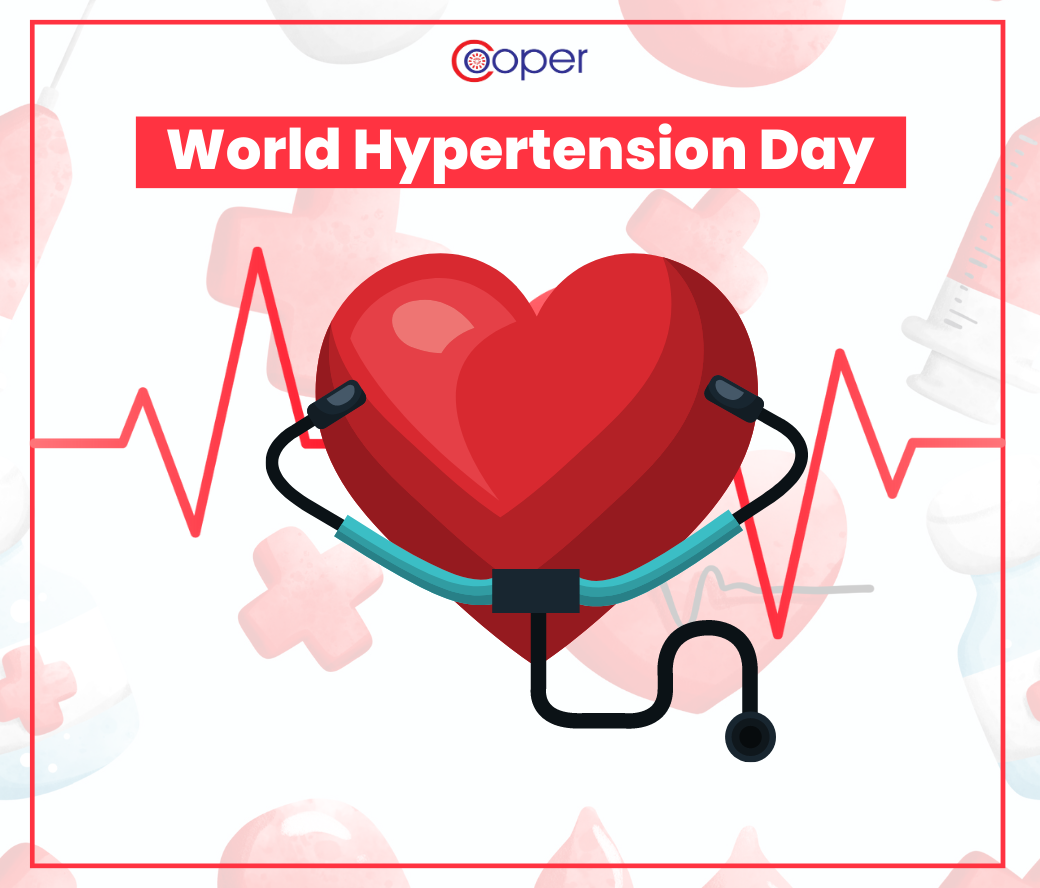What’s the Connection Between Probiotics and Digestive Health?
Recent Blog

What’s the Connection Between Probiotics and Digestive Health?
Date:- 2018-06-09 00:00:00
Most studies have been working on how probiotics aid in digestion. But we have a lot more to know about probiotics and how they effectively working on human’s digestive health. Probiotics are tiny live microorganisms which when administered in adequate amounts, deliver health benefits to their host. Our bodies rely on all microorganisms to keep us healthy. Many are present as good and bad bacteria’s that show its effect in the body and might be useful or producing harm respectively. This includes bacteria, yeasts, and viruses. The great majority is bacteria. They’re the good bacterium that actually is required by our body’s system. They keep healthy and being helpful from mouth to gut and control harmful microorganisms like germs. All humans naturally have colonies of good bacteria that live inside the stomach and intestines but when intake of antibiotics, stress or a poor diet among other factors bring bad bacteria rush in to fill the void and when bad bacteria prevail, illness strikes. They start generated and form colonies and destroying colonies of good bacteria creating an imbalance which can lead to diarrhea, bloating and gastric issue and this disparity can continue to more serious gastrointestinal problems.
Probiotics aid in digestion and improve nutrient absorption at the right levels and restore the healthy balance of good bacteria in the gut when it becomes disrupted. Probiotics attach to the gut lining (digestive tract) and starving bad bacteria food so they die and are eliminated. There are trillions of bacteria in your gut that help digests your food and keep your immune system healthy. Probiotics are also recommended to keep your gut healthy as well as immune system functions well and stimulating the digestive system working properly.
Good sources of probiotics include yogurt, apple cider vinegar, sauerkraut, kombucha, tempeh, kefir and other fermented food with active cultures. An alternative is to take a probiotic dietary supplement. This supplement is also advisable and handy to take when you are suffering from a weak stomach and digestive tract. Probiotics help in replenishing good bacteria and supportive for a balanced digestive tract. These probiotics are effective due to the presence of bacterial strains present in it that covers the Lactobacillus and the Bifidobacterium strains.
Probiotics help in digestive issues such as:
- colic
- constipation
- irritable bowel syndrome (IBS)
- lactose intolerance
- ulcerative colitis
Lactose Intolerance
Lactose intolerance is the most common type of carbohydrate intolerance. It is associated with the inability to digest lactose into its constituents, glucose and galactose, due to low levels of lactase enzyme activity. Without sufficient lactase, lactose moves through your gut undigested and causes digestive symptoms. The unabsorbed lactose is metabolized by colonic bacteria to produce gas (hydrogen and methane) and short chain fatty acids. Symptoms related to it appear in 30 minutes to 2 hours after consumption of food products containing lactose. Lactose intolerance can cause digestive problems and its related symptoms include bloating, abdominal cramping, flatulence and loose stool.
The major concern is to avoid lactose intolerant dairy products without any established treatments related to it. The diagnosis of lactose intolerance based on patients' symptoms is sometimes problematic since these symptoms are not specific and may differ from one patient to another. The possible intervention for the lactose intolerant people is the addition of probiotics in their diet.
Studies have shown that people with lactose intolerance tolerated the lactose in yogurt better than the same amount of lactose in milk. The assumption was that the presence of lactase producing bacteria in the yogurt, especially Lactobacillus acidophilus, contributed to the digestion and absorption of lactose. It was also found that the presence of Lactobacillus bulgaricus and Streptococcus thermophilus alleviate lactose intolerance through their ability to produce lactase enzyme . Finally, in another study, it was found that consumption of milk containing Bifidobacterium longum resulted in significantly less hydrogen production and flatulence as compared to the consumption of control pasteurized milk. The administration of probiotics may assist with the consumption of dairy products containing lactose. Therefore, the aim is to evaluate the effect of probiotics on patients with lactose intolerant in their daily life and it would be effective in aid digestion.
Ulcerative Colitis
Ulcerative colitis is an inflammatory disease of the large intestine that causes bloody diarrhea, cramping, and bloating. The disease is relapsing and remitting, which means there are times when the disease is quiet and other times when it flares up, causing symptoms. It affects the gastrointestinal tract. Ulcerative colitis occurs when the lining of your large intestine (also called the colon), rectum, or both become inflamed. This inflammation produces tiny sores called ulcers on the lining of your colon. It usually begins in the rectum and spreads upward. It can involve your entire colon.
The inflammation causes your bowel to move its contents rapidly and empty frequently. As cells on the surface of the lining of your bowel die, ulcers form. The ulcers may cause bleeding and discharge of mucus and pus and its related symptoms are abdominal pain, increased abdominal sounds, bloody stools, diarrhea, rectal pain, weight loss.
We know that inside walls of intestines are covered with bacteria. Some of these bacteria help our body in digesting food and prevent other bacteria that causes thriving in our intestine. Those bacteria ’s helping in our intestines serves the basic purpose of probiotics as good bacteria. Ulcerative colitis causing an imbalance of bacteria in the large intestine is thought to be the perceived danger that prompts the immune system to respond. Probiotics may help resolve this problem by providing good bacteria that help restore the bacterial balance in the intestine and also eliminates the problem in responding immune system.
Probiotics may help manage:
- high cholesterol
- nutrient absorption
- diarrhea
- constipation
- lactose intolerance
- weight gain



















.png)


